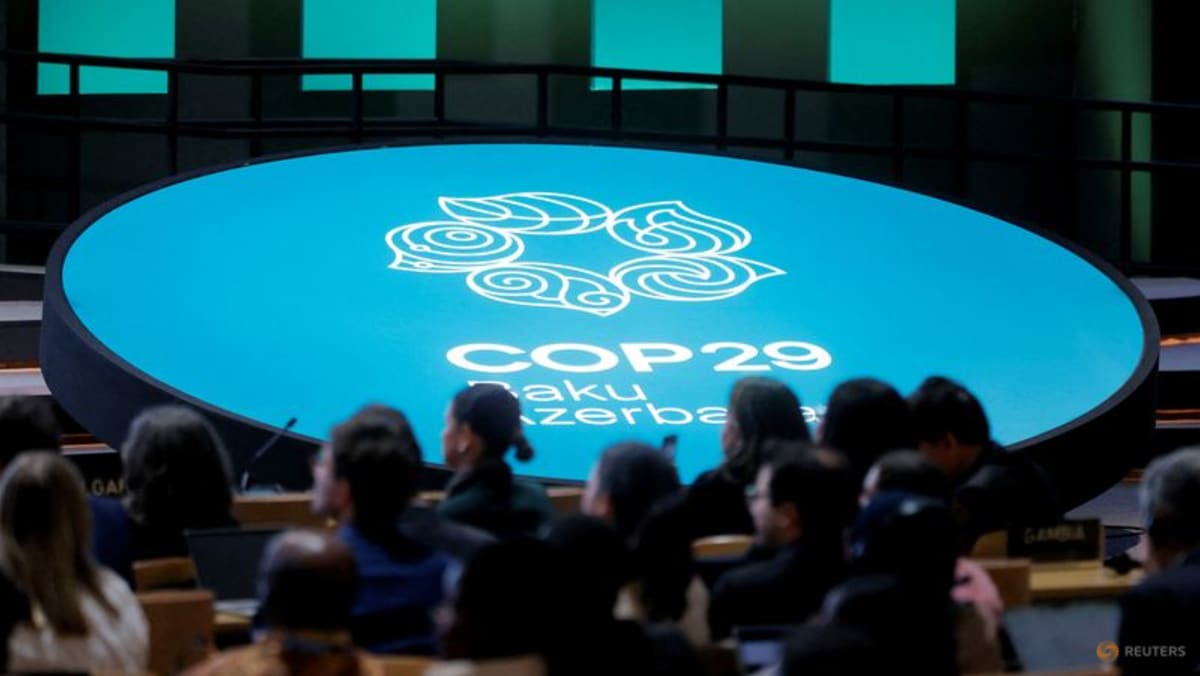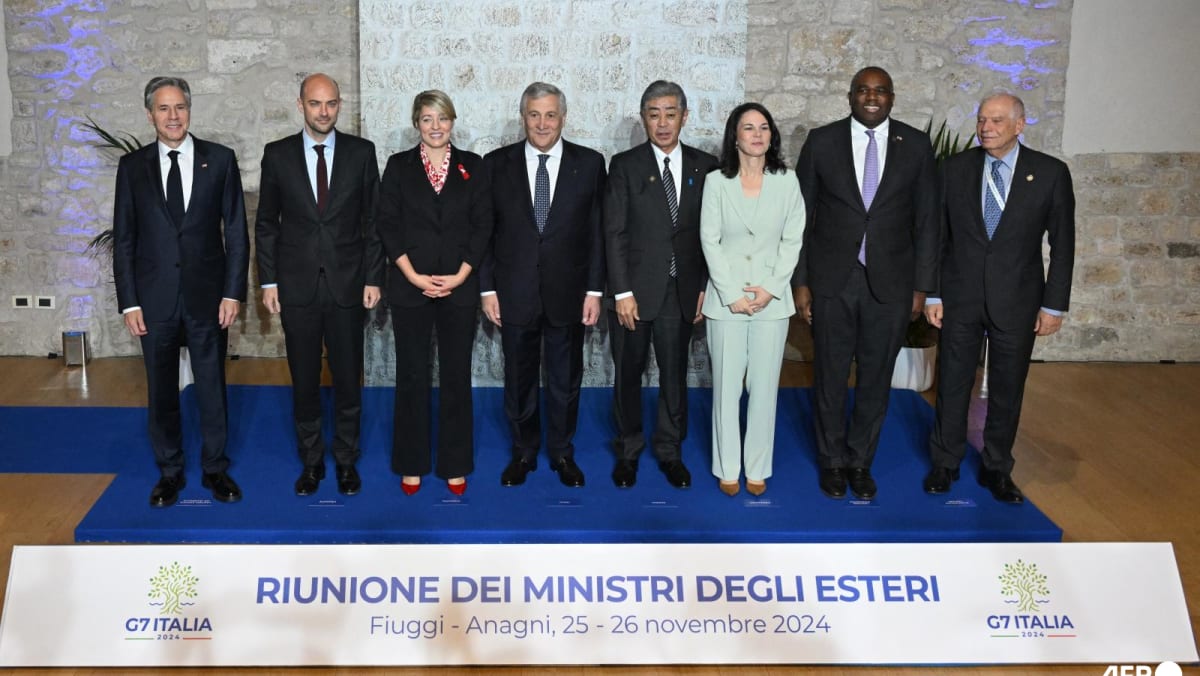PILING ON MORE DEBT
Even the US$1.3 trillion developing nations wanted would have fallen far short of the US$2.4 trillion truly needed, according to an estimate by the UN’s Independent High-Level Expert Group on Climate Finance. The clean energy transition alone could cost US$215 trillion by 2050, according to BloombergNEF.
So countries that have emitted almost none of the greenhouse gases heating up the planet but will suffer the brunt of the consequences will end up at least US$2 trillion per year short and a decade away from relief.
Compared to the US$7 trillion in estimated explicit and implicit subsidies the world pays fossil fuel producers every year, that US$300 billion looks even more insulting.
“The US$300 billion so-called ‘deal’ that poorer countries have been bullied into accepting is unserious and dangerous – a soulless triumph for the rich, but a genuine disaster for our planet and communities who are being flooded, starved, and displaced today by climate breakdown,” Oxfam International’s climate change policy lead, Nafkote Dabi, said in a statement.
“The destruction of our planet is avoidable, but not with this shabby and dishonourable deal.”
Almost as infuriating as the deal’s inadequate sums is its composition. Too much of that US$300 billion will come in the form of loans, which will further burden countries already staggering under too much debt.
Together, the poorest pay about US$70 billion per year in debt servicing costs to richer countries, including the backers of multilateral development banks such as the World Bank, according to the Brookings Institution.
That cancels out the bulk of the US$100 billion climate finance commitment that rich countries made in 2009 but have only belatedly begun to fulfil. Instead of piling on more debt, rich countries should be cancelling it.
And much of what’s purchased with that US$300 billion might be the equivalent of chicken wire and wet newspaper.
The World Bank has failed to account for the real climate impact of between US$24 billion and US$41 billion of its financing over the past seven years, according to Oxfam. The bank registers projects at the time of approval rather than at the time of completion, meaning many works of dubious climate benefit – think gelato shops and coal plants – go on the books as “climate finance”.













